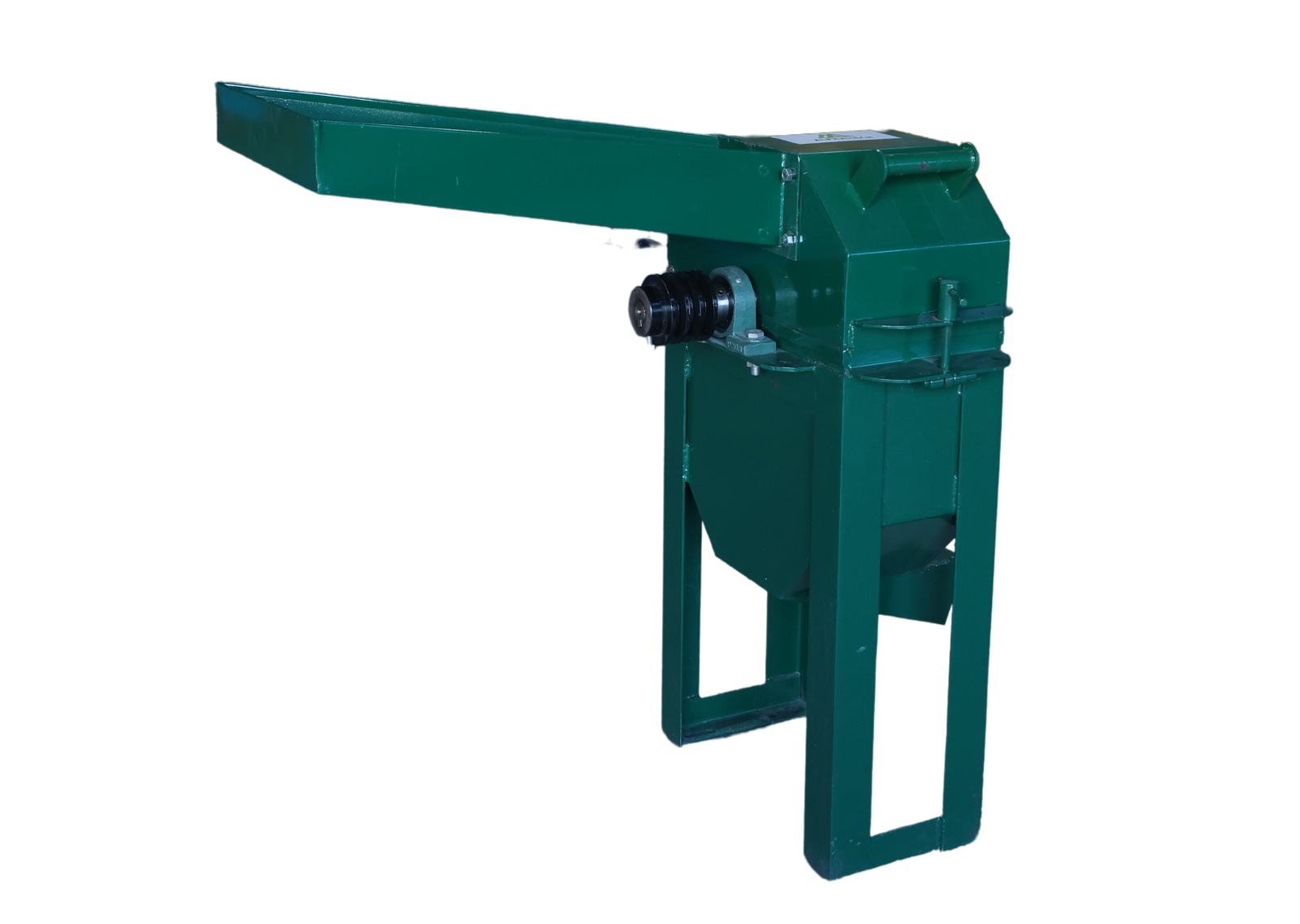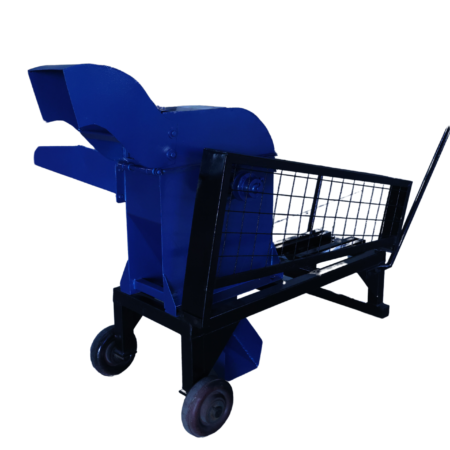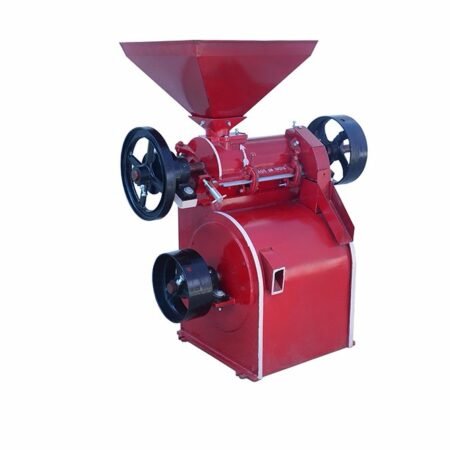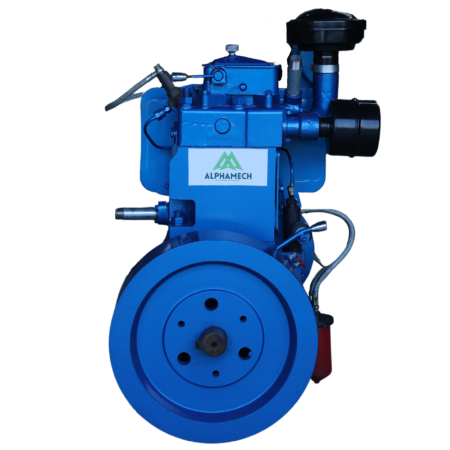Description
Complete Mill Comprising of Std Accessories Like Base Frame, Base Guard Pulley for Mill, Pulley For Engine, V-Belts and Std Tool Kit Which Contains-1 Set of Spanners, 1 Nos. Duster, 1 Nos. Screen 0.9 mm Hole Dia with Frame and 1 Nos. Screen of 1.2 mm Hole Dia with Frame. Vibration Free Mill with 0% Vibrating Fixed Hammers Made up of Processed Steel Rottor Has Been Tested on Computerized Balancing Machine to give 0% Vibration. • Recommended Prime Mover for This Mill is MECH 16 H.P. Double Cylinder 1500 Rpm. W/c High Speed Diesel Engine. • This Mill Can Grind Various Type of Grains Like Maize, Cassava, Sorgum and Chicken Feed • Production Capacity: 300 to 350 Kgs./Hr. Depending Upon Hardness of Material to be Used and Hold of Screen RPM: 3750 R.PM. Per Minute. Other Models Are Also Available Like: MF-20: Run with 16/20 HP Double Cylinder MECH Diesel Engine and has a Production Capacity of 300 to 400 Kas. Per Hour. MF-26: Runs with 40 HP 1500 R.P.M. 3 Cylinder Selfstart Diesel Engine or 30 HP Electric Motor and Has Production Capacity of 800 to 1000 Kgs. Per Hour MF-30: Runs with Honda 5.5 HP G-200 Petrol Engine and Has a Production Capacity of 200 to 300 Kgs. Per Hour. MF-10: Runs with 10 HP MECH Diesel Engine and Has a Production Capacity of 250 to 300 Kgs. Per Hour.
A gravity-type corn mill machine is an efficient and reliable piece of equipment designed for processing corn into various fine powders or grits. It operates using the principle of gravitational force to feed corn kernels into the milling chamber, ensuring a steady and consistent flow. This type of mill typically features a robust construction with a hopper for loading the raw material, grinding plates or rollers for pulverization, and an output chute for collecting the finished product. The gravity mechanism eliminates the need for manual feeding, reducing labor intensity and enhancing productivity. These machines are versatile, capable of handling different grain sizes, and are often equipped with adjustable settings to control the fineness of the grind. They are widely used in agricultural settings, small-scale industries, and home-based businesses due to their ease of operation, low maintenance requirements, and energy efficiency.
A gravity-type corn mill machine is an advanced milling system that uses gravitational force to streamline the grinding process, making it efficient and user-friendly. These machines are equipped with a high-capacity hopper that allows raw corn to flow naturally into the milling chamber, guided by gravity, which reduces the need for mechanical feeders or manual intervention. Inside the chamber, durable grinding plates, burrs, or rollers crush the kernels into the desired texture, whether fine flour, medium grits, or coarse meal. The machine often includes an adjustable mechanism for controlling grind size, catering to diverse applications such as baking, animal feed production, or brewing.
Many models are designed with high-grade materials like cast iron or stainless steel to ensure durability, longevity, and resistance to wear and corrosion. Some also incorporate air blowers or sieves to separate the finer flour from coarser particles, enhancing product quality. Gravity-fed systems are energy-efficient, as they rely on natural force rather than complex motorized feeding mechanisms. These machines are widely appreciated for their simplicity, cost-effectiveness, and ability to process large quantities of corn quickly, making them ideal for small-scale farmers, community milling centers, and even large agricultural enterprises.






